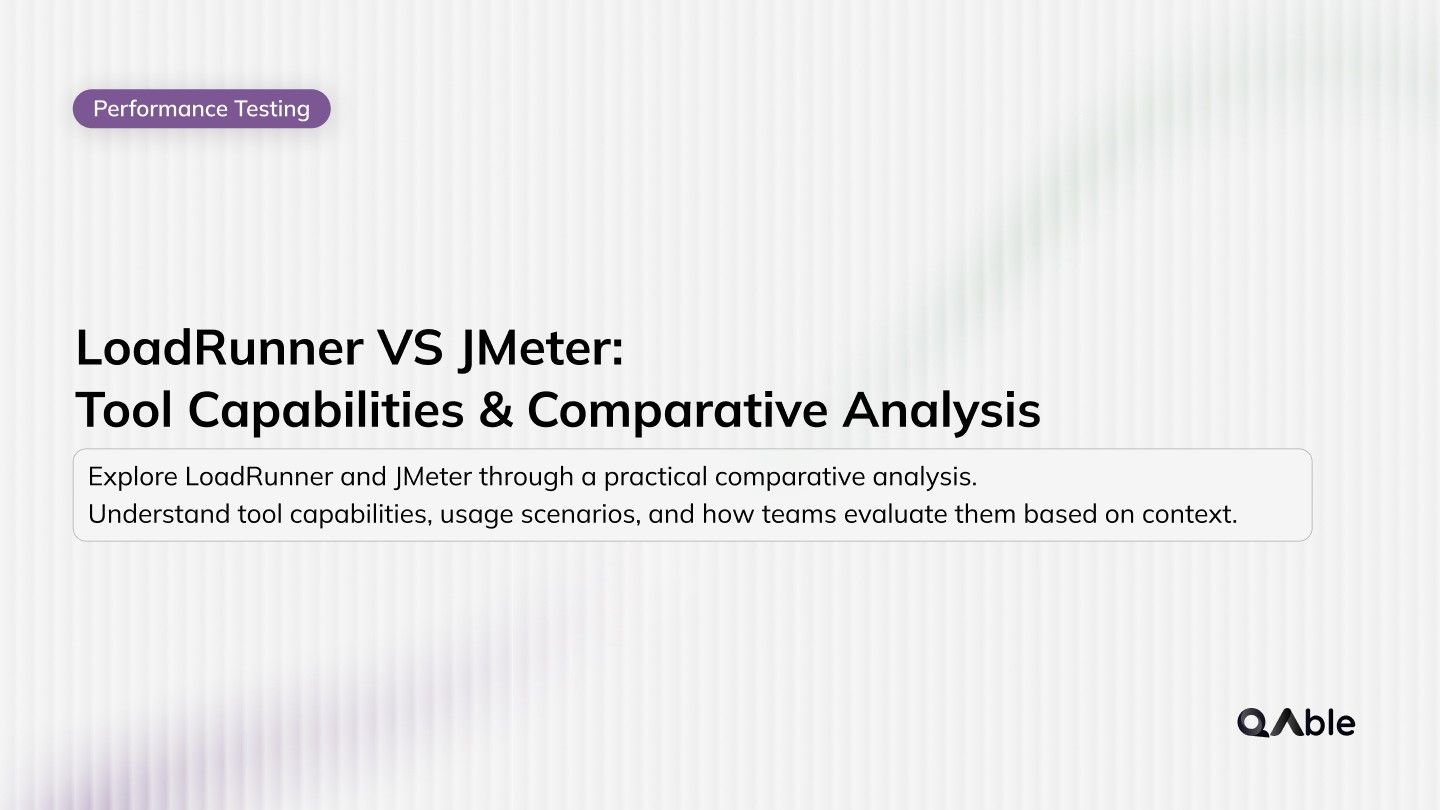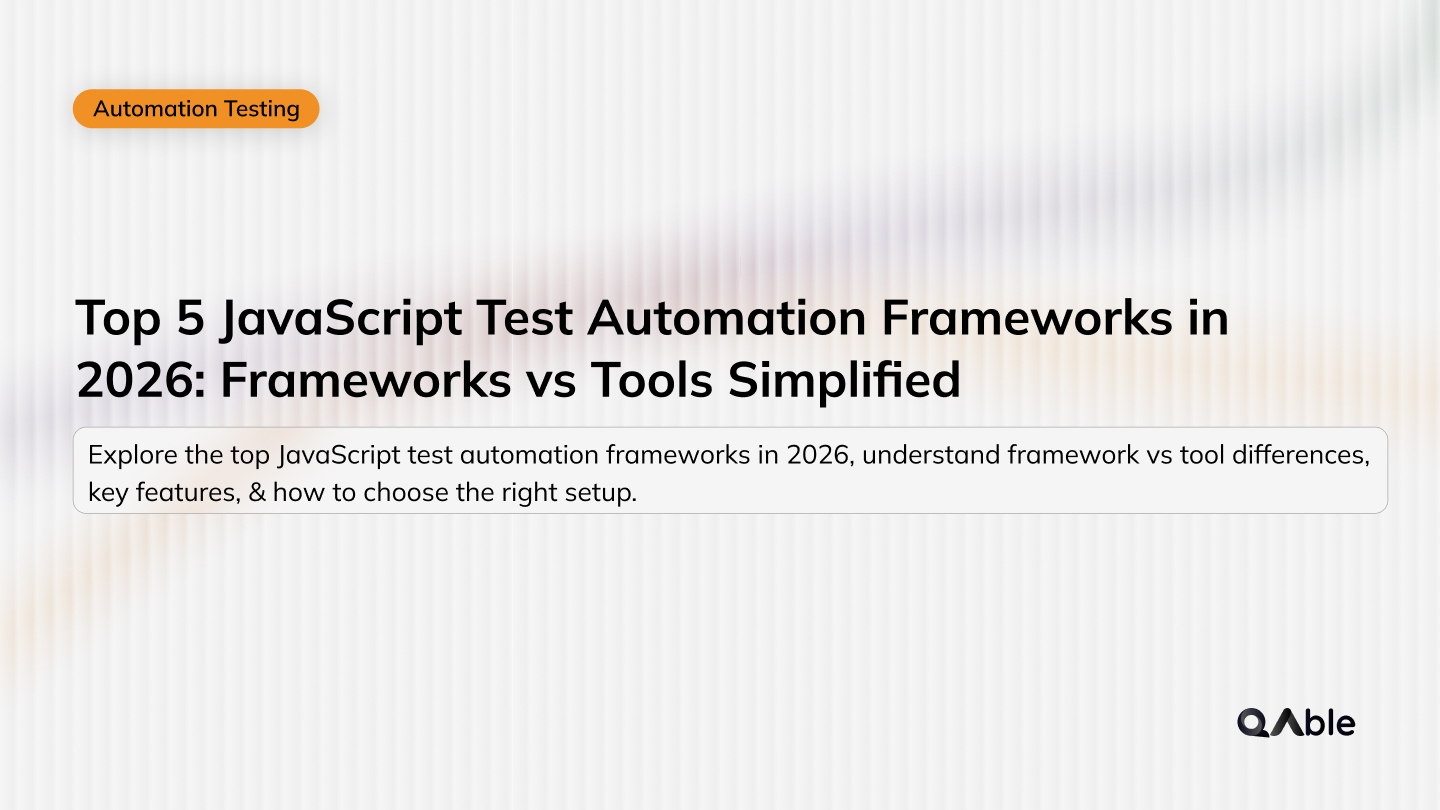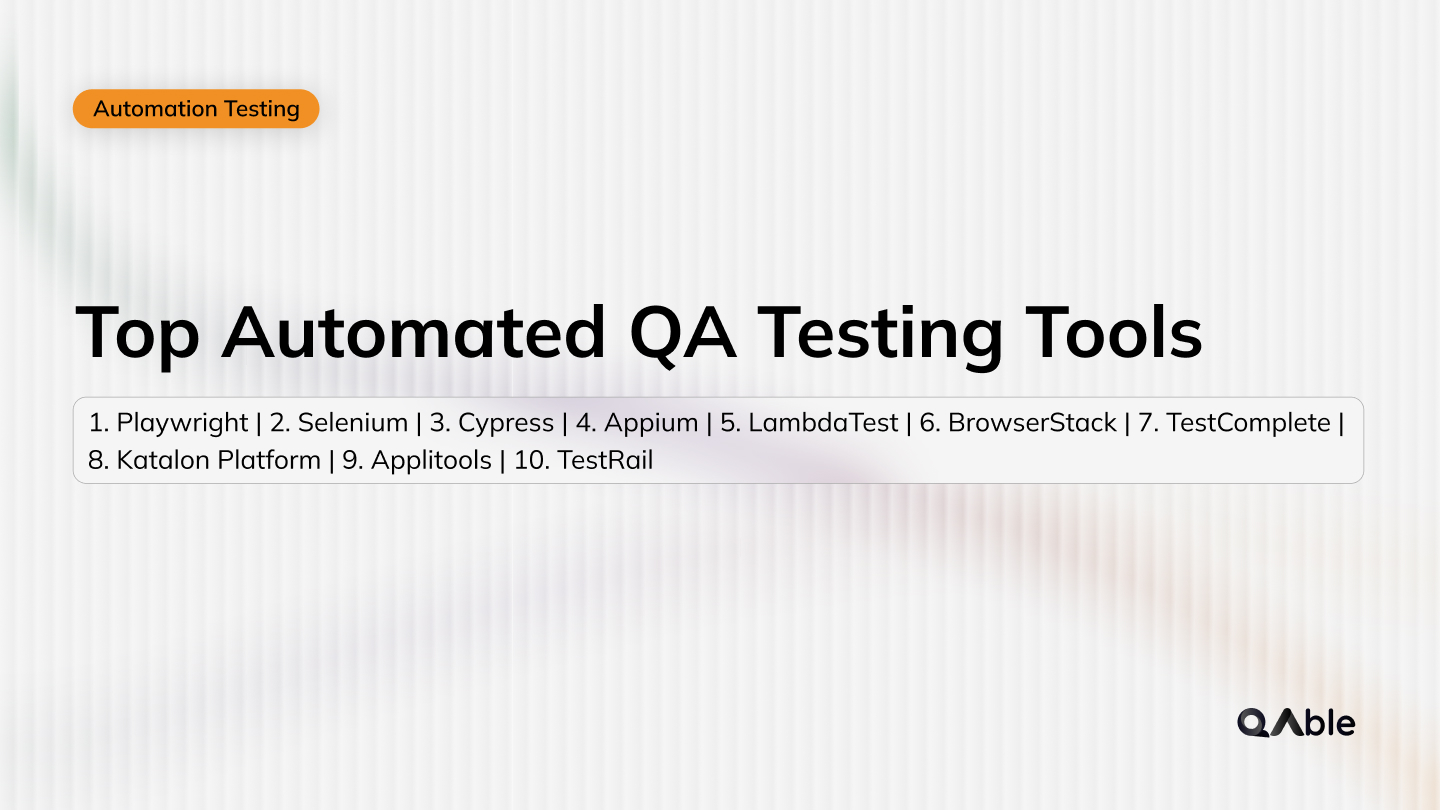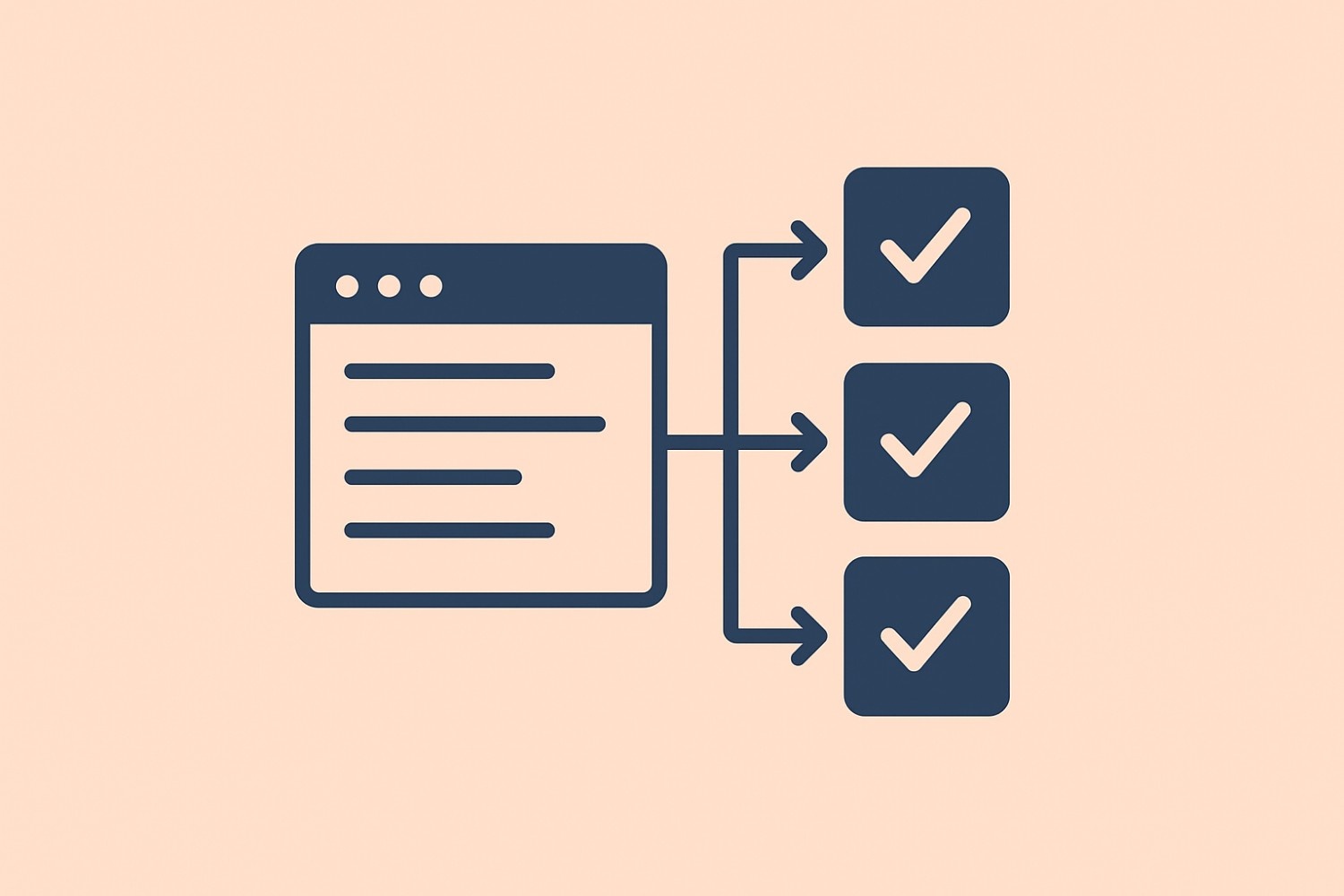Table of content
SHARE THIS ARTICLE
Is this blog hitting the mark?
Contact Us
The world is buzzing with data, and the term you'll often hear is "Big Data." But what about making sense of this massive information?
That's where Big Data Automation Testing comes in, and it's a topic you can't afford to ignore.
If you've ever felt overwhelmed by the sheer volume of data and the hurdles in making it usable, you're not alone.
This isn't just numbers and text.
This is data that can change how your business works and competes. ‘
Traditional databases can't handle it; it's too much, too messy.
But leaving it messy isn't an option either; it's like having a goldmine but no tools to get the gold.
This makes Big Data a big, tough job that needs specialized tools and a whole lot of computing power.
According to a report by IndustryArc, the Big Data Testing market was worth $20.1 billion in 2020. What's more, it's set to grow by 8.0% each year until 2026. That shows just how vital Big Data testing has become in our data-driven world.
So, how do you tackle Big Data and make it work for you? That's the story we're diving into. Read on to explore Big Data Automation Testing, the best practices for it, and the tools that make it doable.
Table of Content
- What is Big Data?
- What is Big Data Automation Testing?
- Big Data Automation Testing: Functional Approaches
- Big Data Automation Testing: Non-Functional (Performance) Approaches
- What are Big Data Automation Testing Tools?
- How Do You Test Big Data? Here are Some Key Tips from QAble
- FAQs
What is Big Data?
Big data comprise high-velocity, high volume, and a wide variety of information assets which require new and innovative strategies to make it usable for insightful decision-making for businesses.
Big data comes in three formats.
- Unstructured - The unstructured form doesn’t have a predefined format and poses difficulty in retrieving and storing the data. Some examples include texts, videos, images, sensor data, and data coming from millions of devices connected across the internet.
- Semi-structured - This includes the particular data type that doesn't contain data or is organized properly. Some of the examples include JSON, CSV, and XML. It is not possible to implement traditional data testing and computing techniques for big data.
- Structured - Structured data that can be retrieved by implying queries and cleaning the data through feature extraction techniques. Data warehouse ER, Database, and CRM are some examples.
What is Big Data Automation Testing?
Big data automation testing mainly focuses on testing data from a processing point of view using automation testing tools. It makes sure that the data is well-suited to serve the needs of big data applications.
It makes use of automated techniques specifically through functional and non-functional (performance) perspectives through big data automation testing tools and frameworks.
Below are some of the key challenges that QA testers encounter while testing Big Data.
- Volume - It refers to the massive data collected from different sources such as transactions, social media, etc.
Velocity - It signifies the speed of data generation and processing which is essential to analyze data with IoT and real-time technologies. - Variety - Big data comes in a wide variety of formats including structured (spreadsheets and databases), semi-structured data (JSON and XML files), and unstructured data (audio, video, text, etc.) which is difficult to manage.
- Value - The main goal of utilizing Big Data is to extract meaningful insights and value from the data for improved business outcomes.
- Veracity - Not every data is consistent and accurate in Big Data. Veracity refers to the trustworthiness and reliability of the data otherwise incomplete data can pose challenges in gathering insights.
Also Read: Effective QA Strategies To Uncover Hidden Bugs
Big Data Automation Testing: Functional Approaches
Below are some of the strategies or methods that comprise the functional testing strategy of Big Data Automation Testing.
Data Ingestion Testing
- Data ingestion testing is essential to verify that data extraction and loading happen correctly within the application, streaming platforms, files, and APIs.
- It is also essential to ensure that ingested data conforms to the format, schema, and structure.
Data Processing Testing:
- It is used for validating data conversions, transformations, and calculations to correctly compare input and output files with automation tools.
- It is also essential to verify data flow and correct them between various processing components.
Data Storage Testing:
- It is essential to verify the correct distribution of data across storage systems to ensure stability of the system
- Test data retrieval for data storage testing operations confirms that stored data can be efficiently accessed.
- Validate the effectiveness of data encryption testing for data storage.
Data Migration Testing:
- Test the migration for big data automation testing when modifying changes in data schemas.
- Validating the data migrated from one system to another is complete and accurate.
- Data migration testing ensures that data remains accurate and consistent during the migration process.
Also Read: Importance of Mind Maps in Enhancing QA Process and Outcomes
Big Data Automation Testing: Non-Functional (Performance) Approaches
Below are the ways that comprise the performance testing arm of big data automation testing:
Data Throughput Testing:
- This testing strategy checks for the rate of data transfers of the big data over a given period.
- Faster throughput indicates that the data has been carefully worked upon.
- This helps the big data applications to use the data efficiently with increased performance.
Data Reliability Testing:
- Reliable data means better-performing big data apps.
- This reduces the chance of failures helps make big data apps more accurate and makes the systems more robust and safeguarded against wrong decision-making.
Data Scalability Testing:
- Scalability is a major factor in developing big data apps. The expensive infrastructure and huge computing costs involved in big data apps make scalability testing even more important.
- This helps in better data management and helps optimize the performance of the apps while scaling up or scaling down the systems.
- It helps increase the ROI on such huge investments.
Read More: How to Test Scalability for Cloud-based SaaS Products
Data Response Testing:
- Another key component while developing and deploying big data apps is the response times of the requested data through queries while the big data apps talk to the servers.
- This data exchange needs to be tested well.
- Lower latency times eventually help boost the performance of systems and hence testing for it becomes crucial.
What are Big Data Automation Testing Tools?
Big data automating testing requires quality hands-on experience with necessary automation tools. Let’s look at the essential tools that you need for Big Data Automation Testing.
- HPCC - It stands for High-Performance Computing Cluster which is an open-source big-data processing platform. HPCC is highly efficient for testing big data automation testing framework workflows and ensuring data transfer efficiency.
- Hadoop - It is a commonly used framework for distributed processing and storage of large datasets. QA professionals implement Hadoop for automation big data automation testing, storage, analytics, and processing.
- MapReduce - It is one of the essential tools for testing data processing workflows and algorithms for big data automation testing.
- Cassandra - It is utilized for storing and retrieving huge amounts of structured and semi-structured data. Cassandra is a versatile tool comprising NoSQL databases contributing to its high availability and scalability.
- Storm - Storm is a real-time stream processing framework to analyze streaming data in real-time. It is crucial for testing real-time data processing scenarios.
- HiveQL - Another popular tool HiveQL is commonly used for data analytics and warehousing on large datasets. It involves validating the correctness of the queries of data retrieval.
- HBase - It is a distributed NoSQL database tool providing real-time read/write access to large datasets. Testing with HBase ensures efficiency and consistency for data retrieval and storage.
Also Read: Tips on Utilizing the Best Tools for AI Chatbot Testing
How Do You Test Big Data? Here are Some Key Tips from QAble
With QAble, you are not only getting a reliable partner but also a dedicated ally paving a path to achieve software brilliance. Our expertise in quality assurance by implementing only the best practices has made us successful in providing automation software testing services.
Big Data Automation Testing requires specific skillsets and considerable expertise. This makes it even more important to implement testing strategies that serve the purpose well and meet the business requirements.
Apart from using the functional testing and performance testing approaches while automation testing of Big Data, it's better to consider some additional areas while we are still on the subject. Below are some of them:
- Real-World Data Usage: The performance of a big data application is as good as the data itself. Considering real-world data while functional testing helps in getting insights is one of the keys to making the system more reliable.
- Use of Quality Metrices: Metrices are clear and accurate indicators to determine the entry and exit strategies while conducting testing. This helps in making the automated testing strategies more efficient.
- Privacy and Security Concerns: Robust security testing methods must be considered to address security gaps and prevent data breache
Discover More About QA Services
sales@qable.ioDelve deeper into the world of quality assurance (QA) services tailored to your industry needs. Have questions? We're here to listen and provide expert insights


Nishil Patel is the Co-founder of QAble, delivering advanced test automation solutions with a focus on quality and speed. He specializes in modern frameworks like Playwright, Selenium, and Appium, helping teams accelerate testing and ensure flawless application performance.
.svg)














.webp)
.webp)
.png)
.png)











.png)



.png)

.png)

.png)






.jpg)














.webp)

